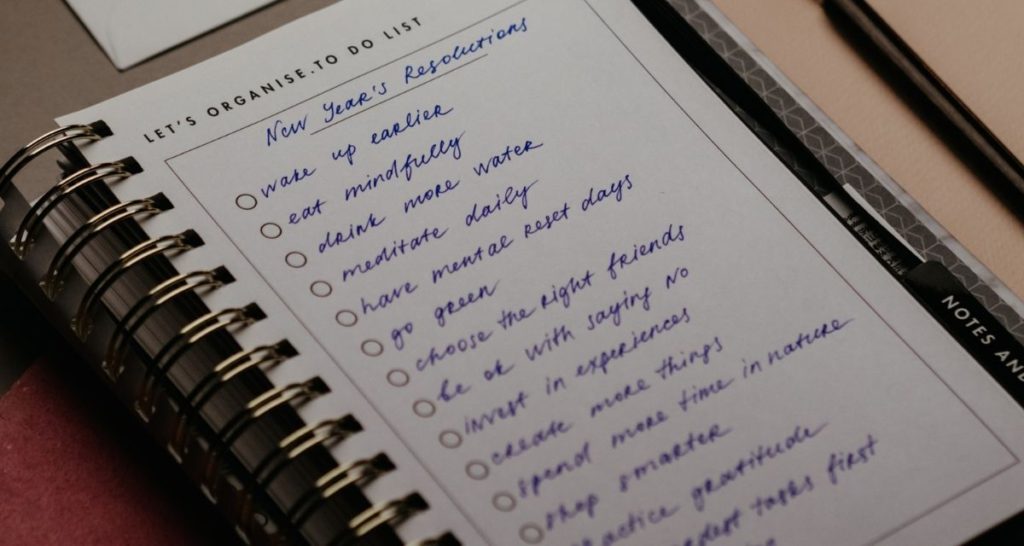Good, better, best
never ever rest
until your good is better
and your better best!
This childhood gem seems to be a guiding principle for many adults regardless of age or status. The newest catchphrase is, “to be the best version of one’s self.” As we aspire towards these goals, it is customary that at the dawning of a new year we make resolutions. While some may dismiss the practice, there are those who make resolutions and work hard at trying to abide by them. Arguably, every plan to change is a resolution therefore, once you have a plan you have made a resolution, even deciding not to make a resolution is a resolution itself. OK, so you have made the resolution, but have you really stopped to think of how feasible, practical or realistic it is? Does your resolution even make sense? Other than the year-long feeling of, “I must do better, there must be more that I can do …” what else is the basis for your resolution?
Most business entities, organizations and institutions will conduct a self-study before taking on a new venture. This usually entails some form of SWOT analysis. This is done to determine the extent to which the proposed venture can be efficiently and effectively explored within the existing parameters, what changes are necessary and how they will be managed. Making resolutions should be approached with the same rigor (this is definitely not an invitation or permission to overthink) What are your strengths, weaknesses, opportunities and threats? Can your resolution work given these realities? What if anything will you need to change? How will you manage these changes?
As you conduct your analysis remember, “To thine own self be true;” be honest with yourself. What are some of the great and not so great things about yourself and your situation? How will these impact your resolution? How will the change (s) you propose be facilitated? What are some of the hurdles that will impact the desired outcomes? How will you address these issues?
Having done your analysis and having made your resolution, make your plan SMART. Your goals or objectives should be Specific, Measurable, Achievable, Realistic and Time bound. Leaving your plan too open or too fluid makes it easy to fail; SMART plans keep you focused. At the same time give yourself some leeway so that you do not experience frequent bouts of failure which can demotivate you and cause you to give up. Deciding to walk 30 miles per week is less daunting than saying you will walk 5 miles 6 days per week. It likely that after a day of inactivity passes you may feel pressured because in order to achieve your goal you must walk everyday for the next six days; on the other hand, even if three days have passed you can still achieve your goal of walking 30 miles for the week.
So, you resolve to walk 30 miles per week, when and where will this happen? To begin with are you even physically capable? What do you need to change and how will you manage the change(s) you will need to make? Will your actions affect others? Do you need to create buy-in so that your resolution will be met with minimal resistance? Failure to do these checks and balances are some of the reasons resolutions do not work, or, why they work for you but damage others and or your relationships. Yes, your life is your business, but a business does not exist in a vacuum. Do your SWOT analysis, make your SMART plan, make your resolution and step out in confidence. The world awaits, good luck!




